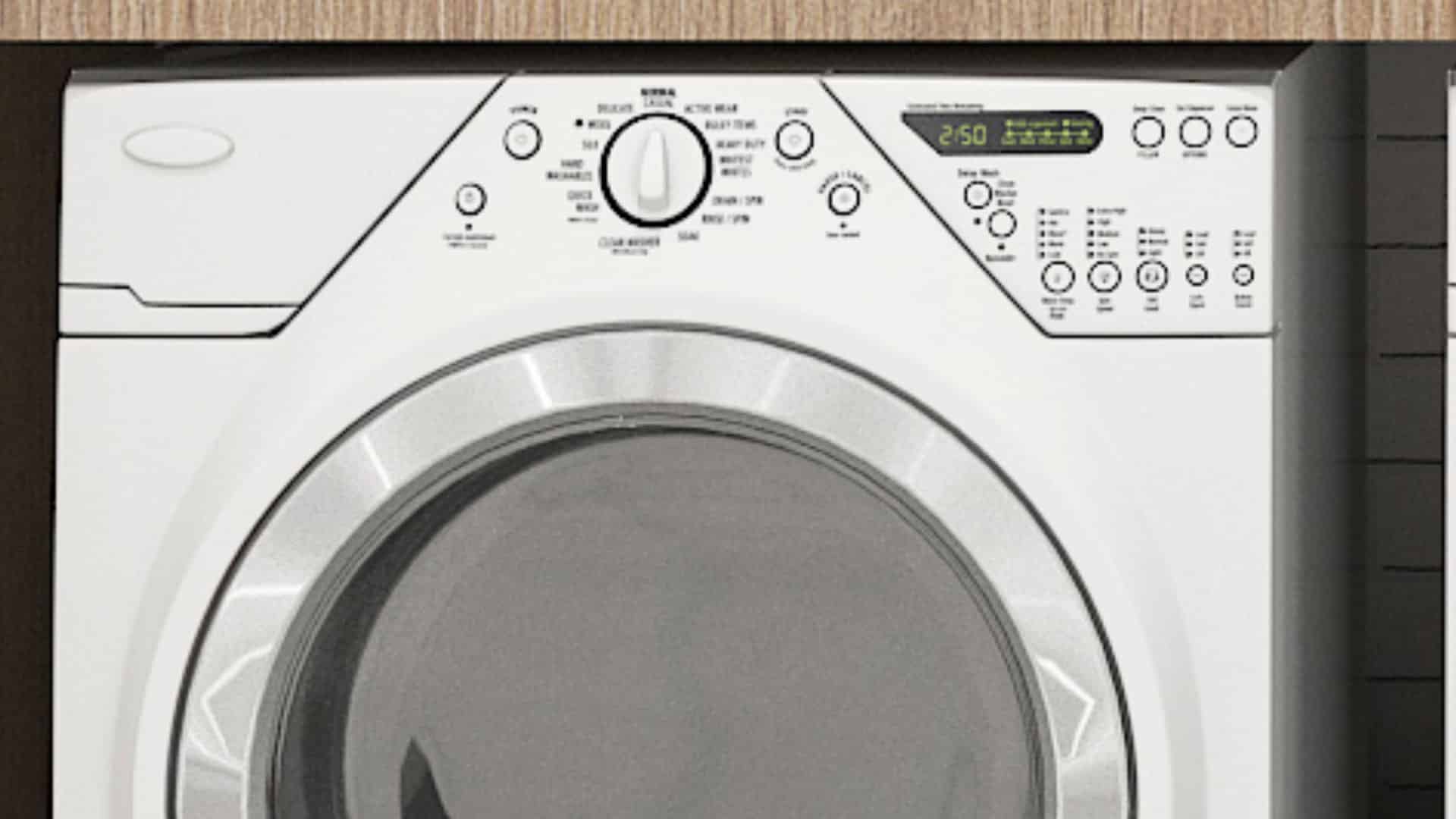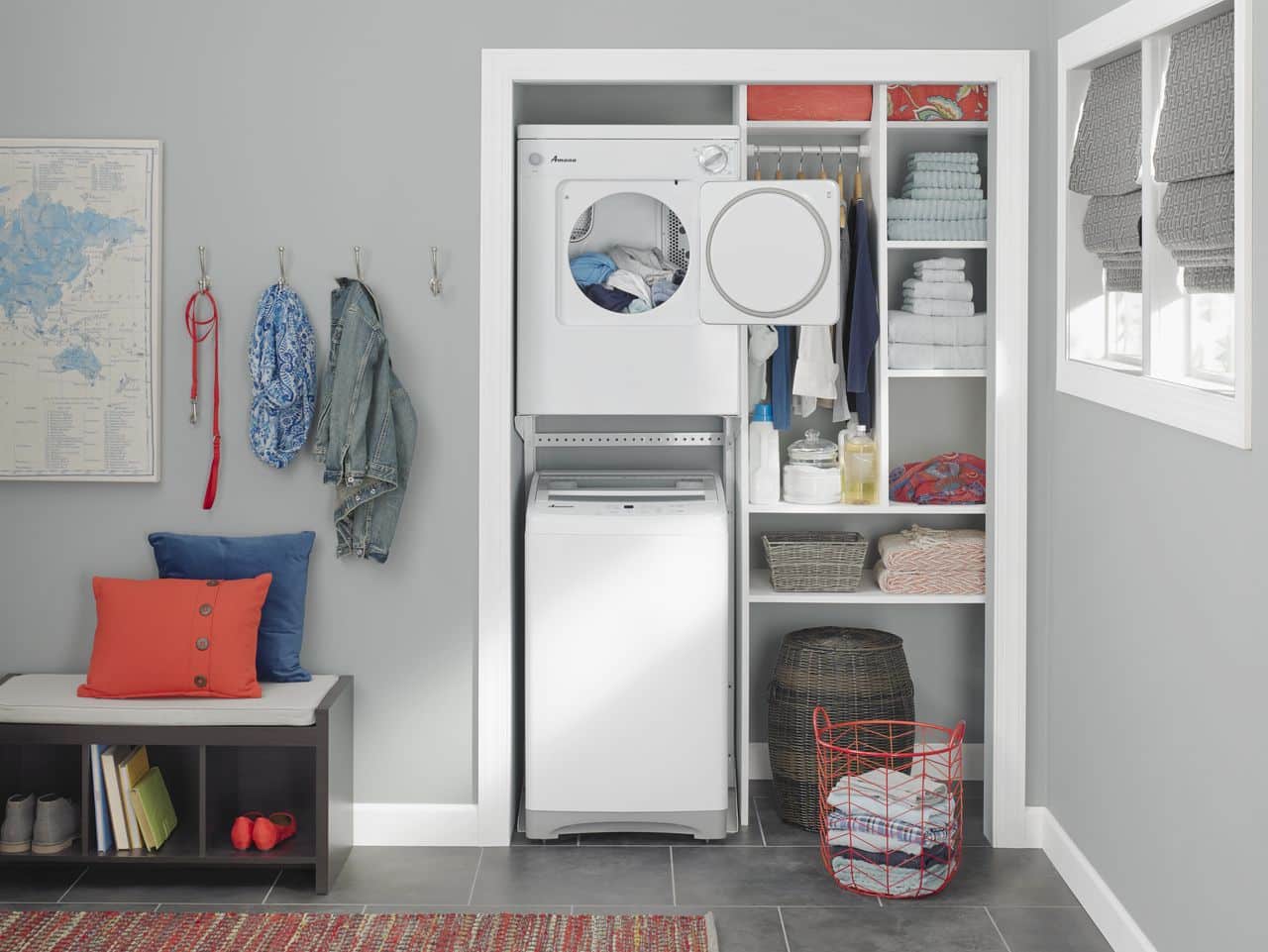
Many laundry detergents now include a ‘best if used by’ date, while others don’t. If you feel confused about how long you can keep using your laundry supplies, you’re definitely not alone! Many people are confused, especially if they remember ‘the good old days’ when laundry products didn’t come with a date attached.
Modern, environmentally friendly products
The difference is that modern products are generally more environmentally friendly than the older products. The surfactants and phosphates used in those older products didn’t degrade over time. That’s why they were so dangerous for the environment. A major reason the enzymes and hydrogen peroxide in many modern laundry products are less environmentally hazardous is because they don’t last forever.
HE detergent vs. non-HE detergent
If you have a new, high-efficiency washer, you’ll definitely want to use an equally high-efficiency (HE) detergent. Since these machines require much less detergent than a regular machine, you may want to purchase the smallest package of detergent until you develop a feel for how long it lasts.
Powdered detergents
Even newly purchased powdered detergent may have clumps if you live in a humid climate. The cardboard boxes in which it’s packaged don’t seal well enough to keep out the humid air. In that case, you may want to transfer it to an air-tight container.
If you notice clumps when you open the package, rub it through a sieve before transferring it into the new container. If you leave the clumps, they’re unlikely to dissolve completely and your clothes will come out of the wash flecked with bits of hard detergent. You’ll probably end up picking those little bits off by hand because if they didn’t dissolve the first time, well, you know…
If it has a lot of clumps or it’s hard, return it to the store. This is more likely to happen with a small box, since a smaller box has more surface area for its volume than a larger box. That larger surface area will absorb more humidity while the smaller volume doesn’t allow it to disperse enough to prevent clumping.
You’re probably better off purchasing a larger box and immediately transferring it to a container with a tight-sealing lid. Just make sure the date on the box is well in the future! Checking the date is a good habit, anyway. It’s hard to get a refund for a box that’s one hard lump, or a bottle of clabbered liquid, if it’s past the date and you’ve already tossed the receipt.
Single-use detergent ‘pods’
These pods are encased in a polyvinyl film designed to quickly dissolve in water. Unfortunately, they are so quick to dissolve that humid air can turn them into one giant, lumpy mass. Always store these in a dry container with a tight-fitting lid and keep that lid closed! Oh, and never reach into the container if you have damp hands or you’ll start the lumping process.
Liquid detergents
The general rule of thumb for liquid detergents is: it’s good for nine months to a year as long as it’s unopened and six months after you open it. According to Dr. Scott P. Lockledge, “It is difficult to generalize, but all things being equal, liquid products will degrade more quickly than solid ones.”
Bottles almost always have a ‘use by’ date, because of the chances that the ingredients will separate. Most consumers are not happy when they’re expecting a smooth, creamy liquid and find something that looks like clabbered milk instead!
Always keep the lid on those bottles of liquids. If you don’t, the water will gradually evaporate and leave you with a bottle of goo that might just eat its way through any clothes you try washing with it!
‘Spoiled’ effectiveness
Unlike food, laundry products that are past their ‘use by’ date aren’t generally dangerous. They may lose some of their effectiveness and probably much of that clean laundry scent. The exception is clumpy, clabbered liquids. If you pour them into an automatic dispenser, there’s a very real possibility that you’ll need to call a service technician to remove those clogs! If you’re determined to use them up, shake the bottle hard and then add them directly to the machine while it’s filling.
Products that are enzyme-based or that contain oxygen bleach (hydrogen peroxide) will lose their special, and pricey, cleaning action after about eighteen months.
Proper storage is key
Store your laundry supplies in airtight containers in a cool, dark place and make sure you keep those lids closed between loads. Drastic changes in temperature are particularly hard on liquid laundry products. Allow them to freeze or get hot and you’ve pretty much guaranteed they’ll separate into the dreaded detergent equivalent of curds and whey!
Hint: It’s easier to keep track of expiration dates if you write them on the labels with a bold marker.
If your washer isn’t doing its job, contact Fred’s Appliance. Our fast, friendly service will have it up and running again before your detergent has a chance to get stale!
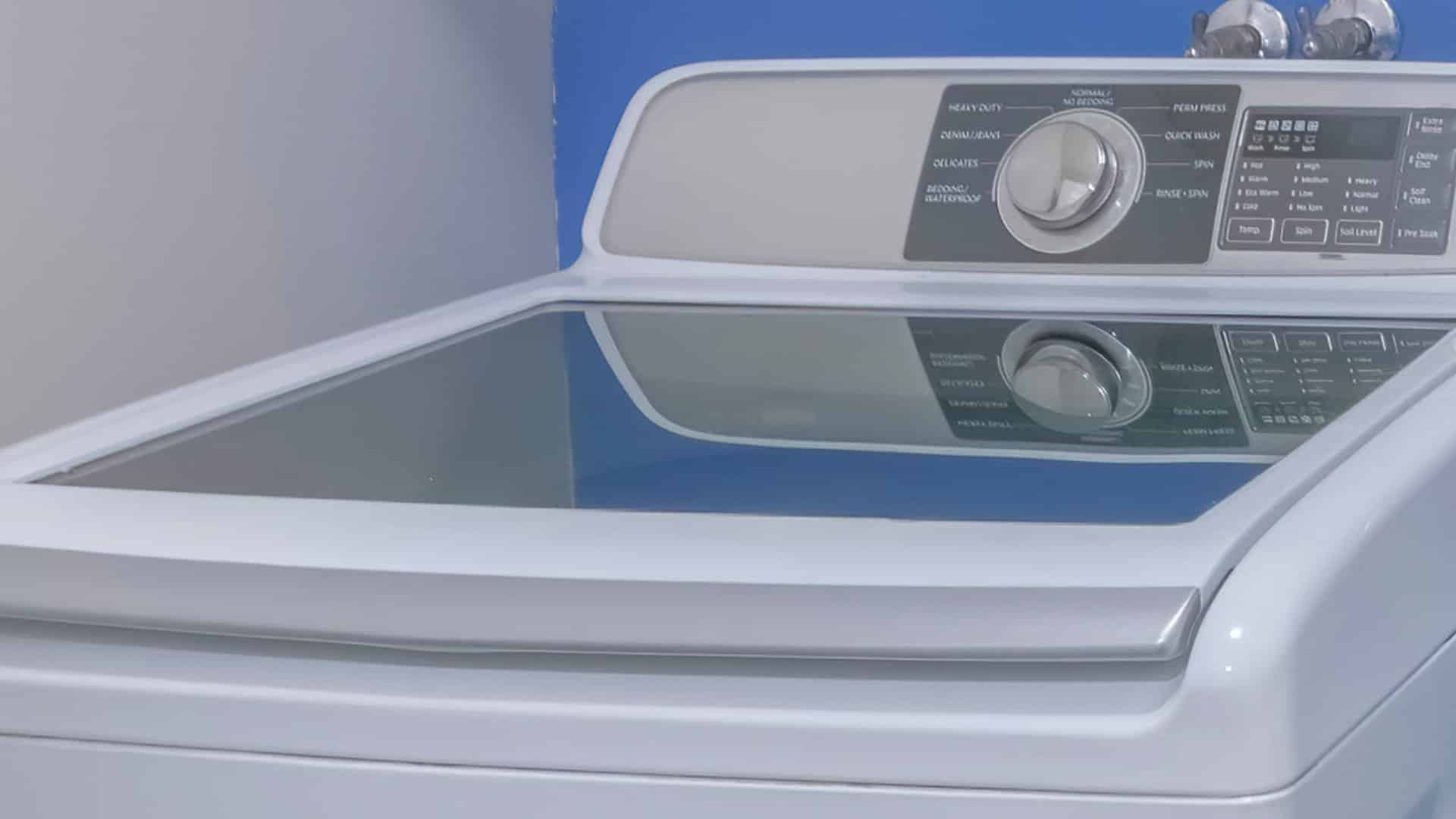
How to Fix the nF Error Code on a Samsung Washer
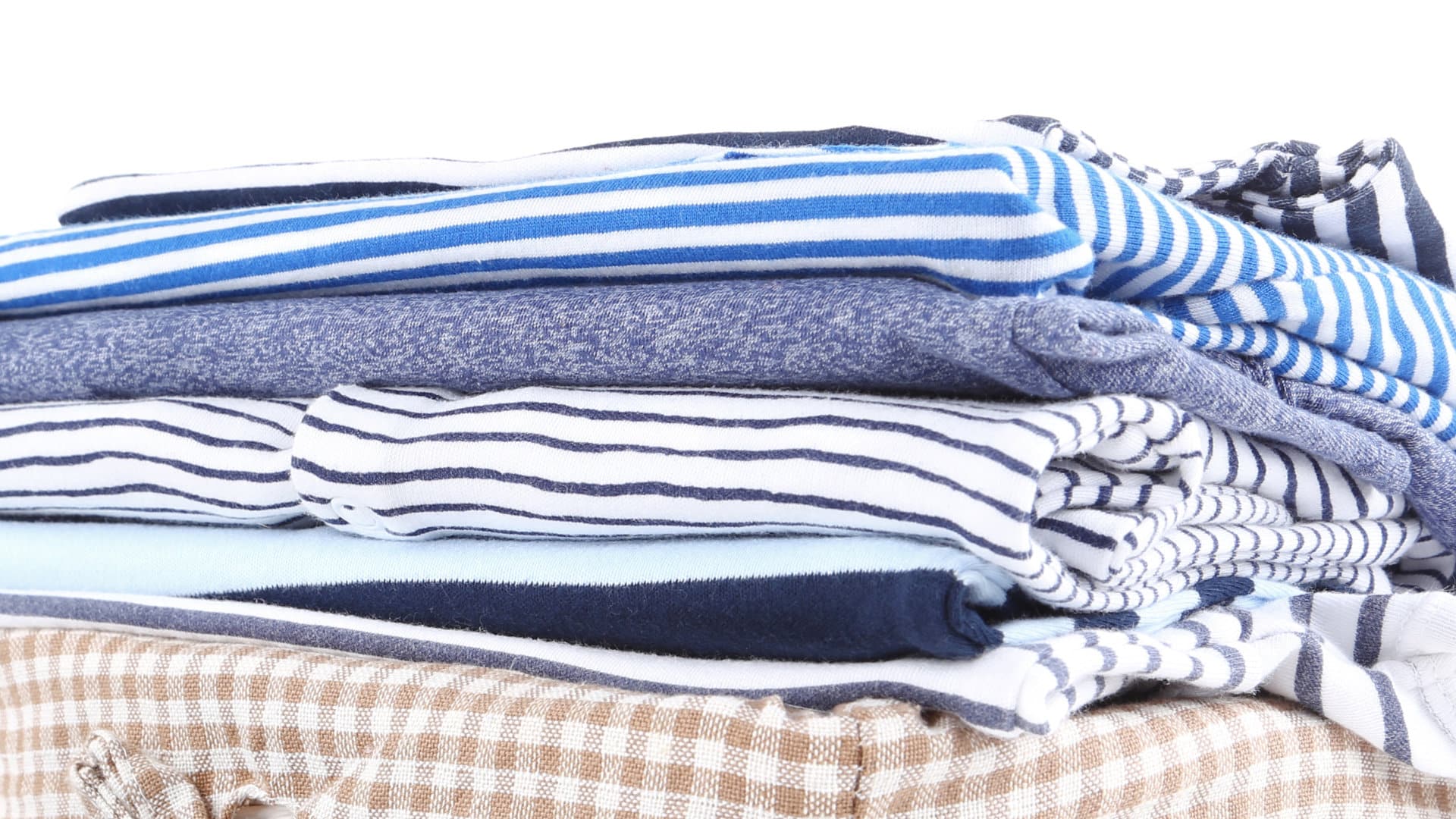
Kenmore Elite Dryer Issues: How To Troubleshoot
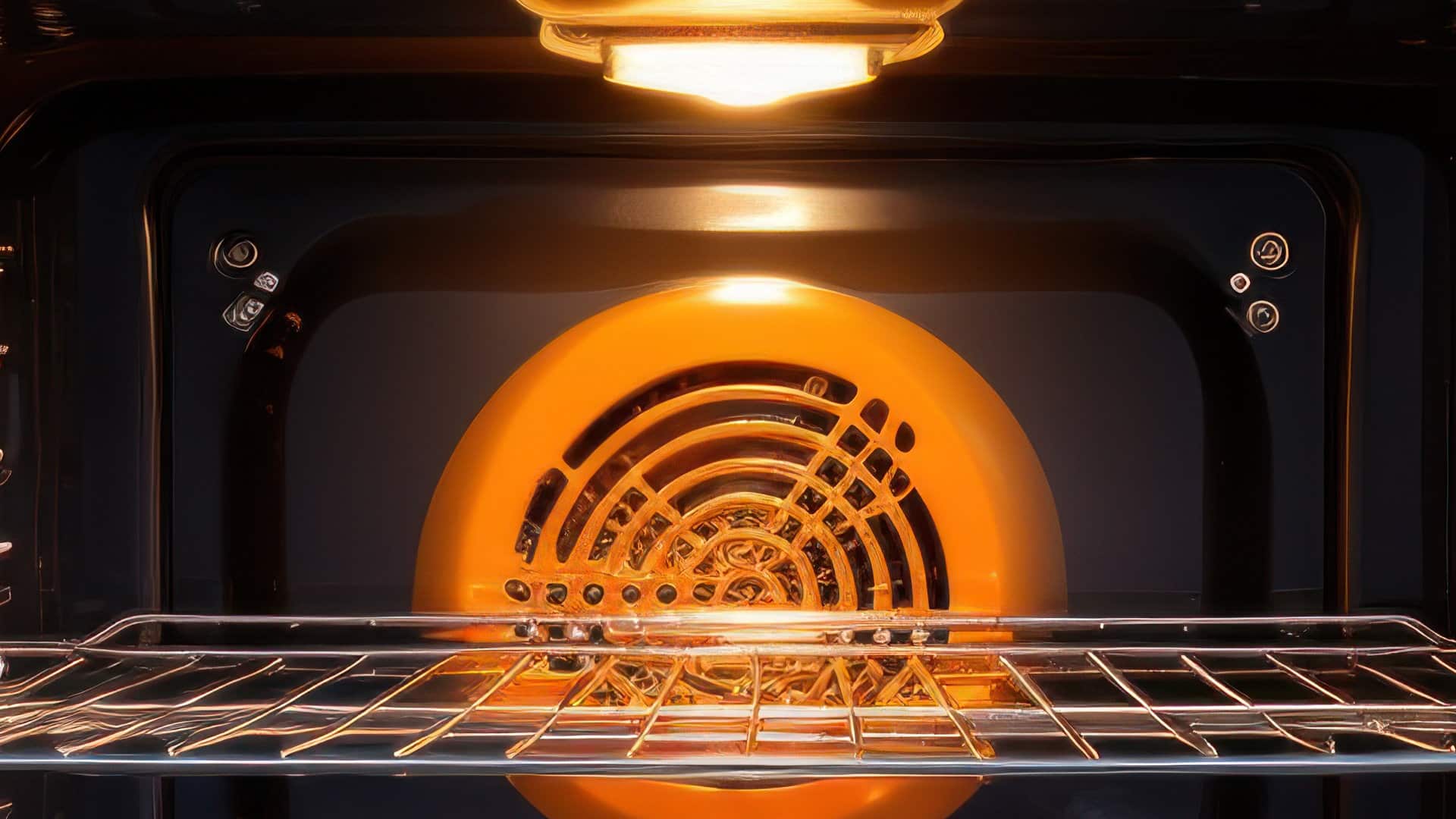
Microwave vs. Oven: Pros and Cons and How They Differ
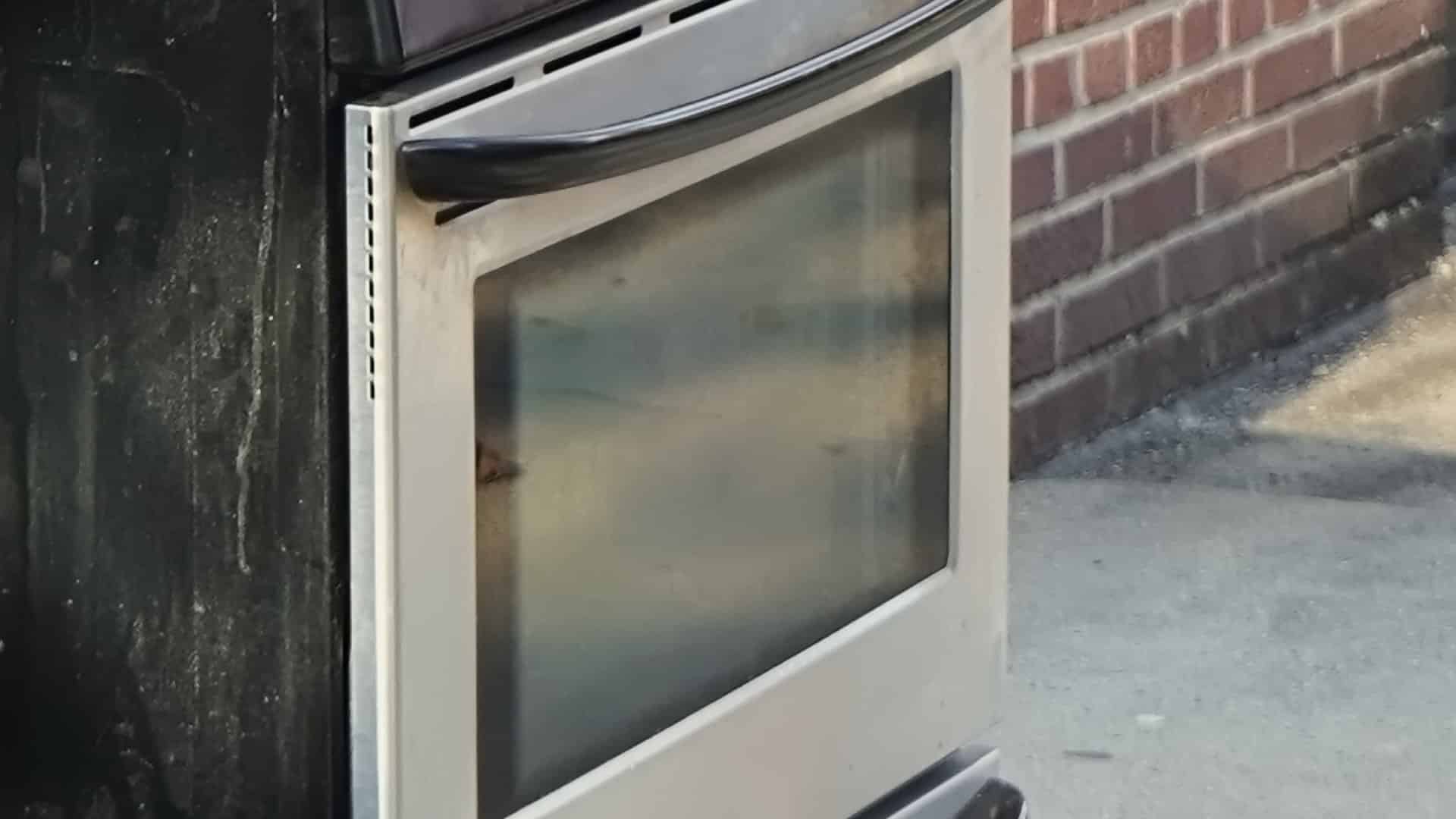
Self-Cleaning Oven Smell: Causes & Odor Reduction Tips
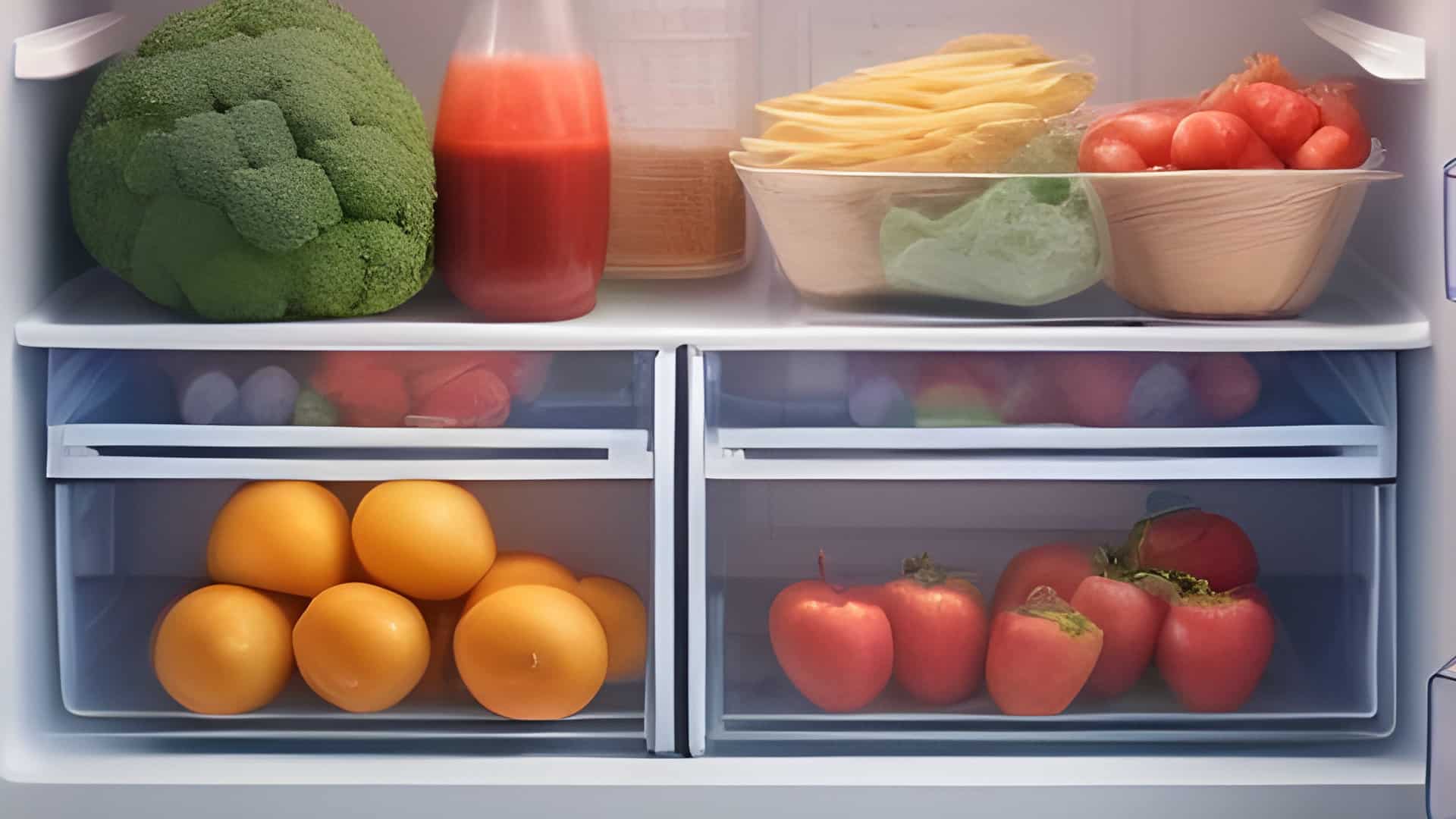
Frigidaire Ice Maker Not Working? 7 Ways to Fix It
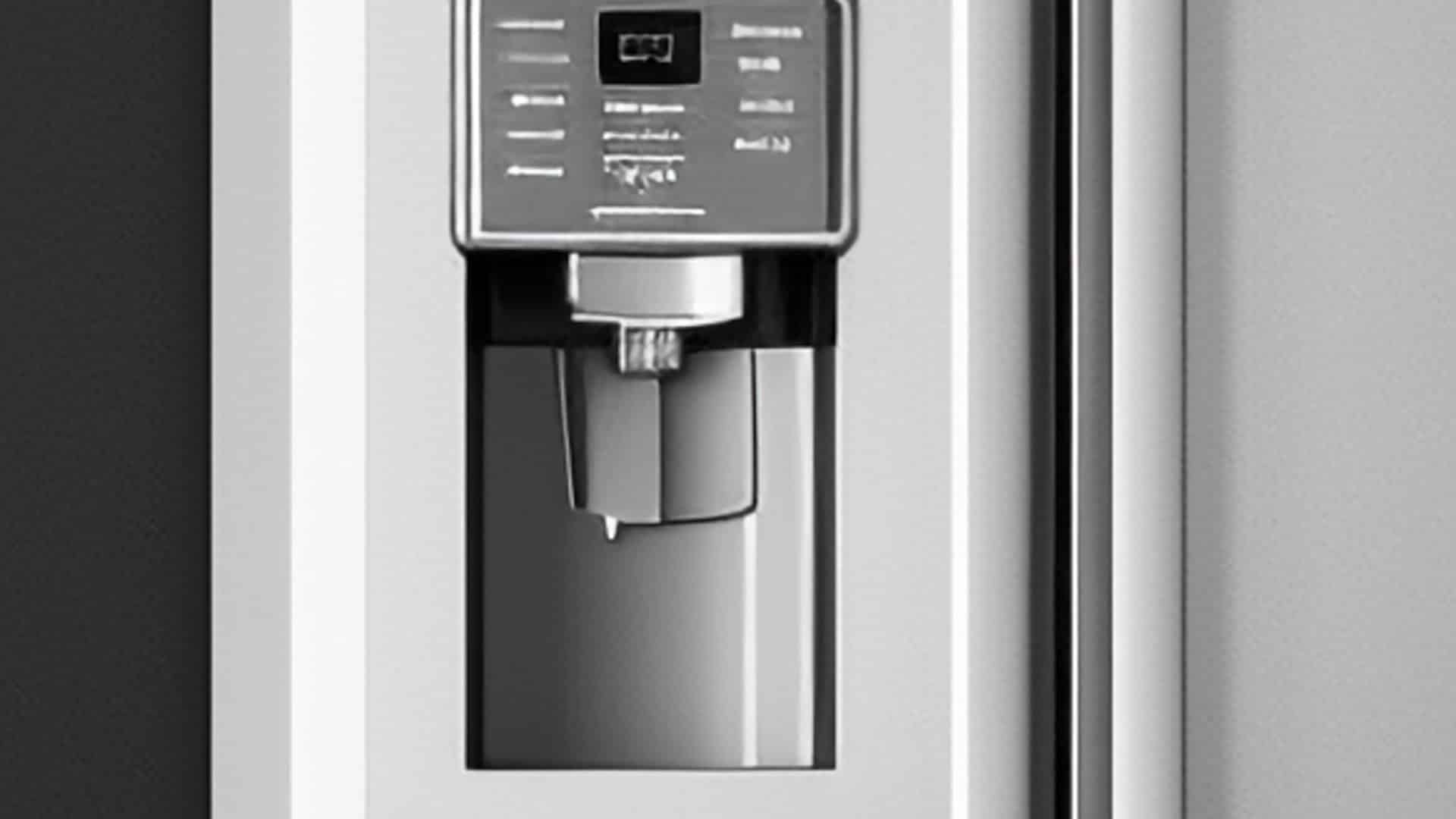
Why Is Your LG Refrigerator Not Cooling? (9 Common Reasons)
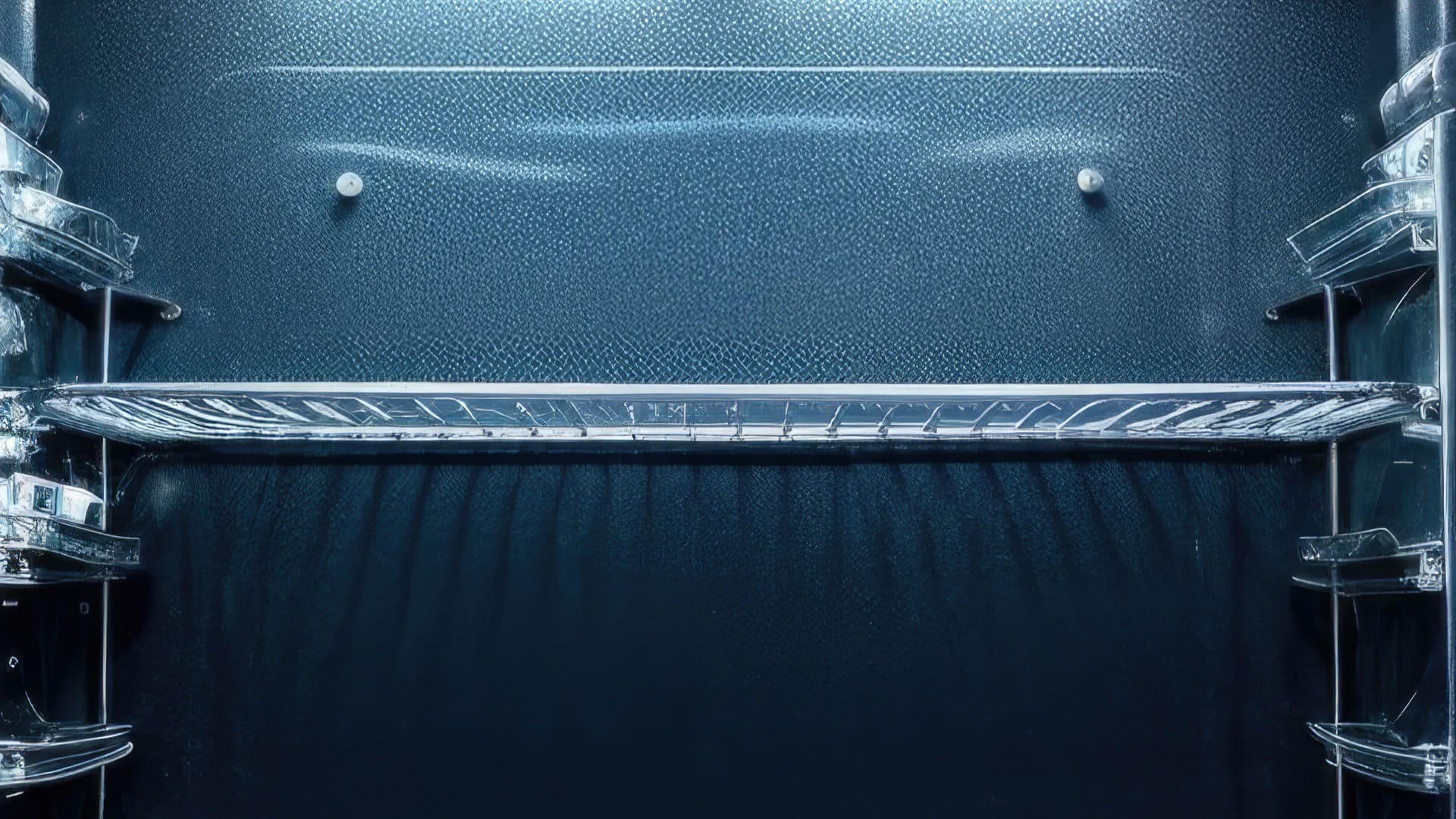
GE Oven F2 Error: Causes & Solutions
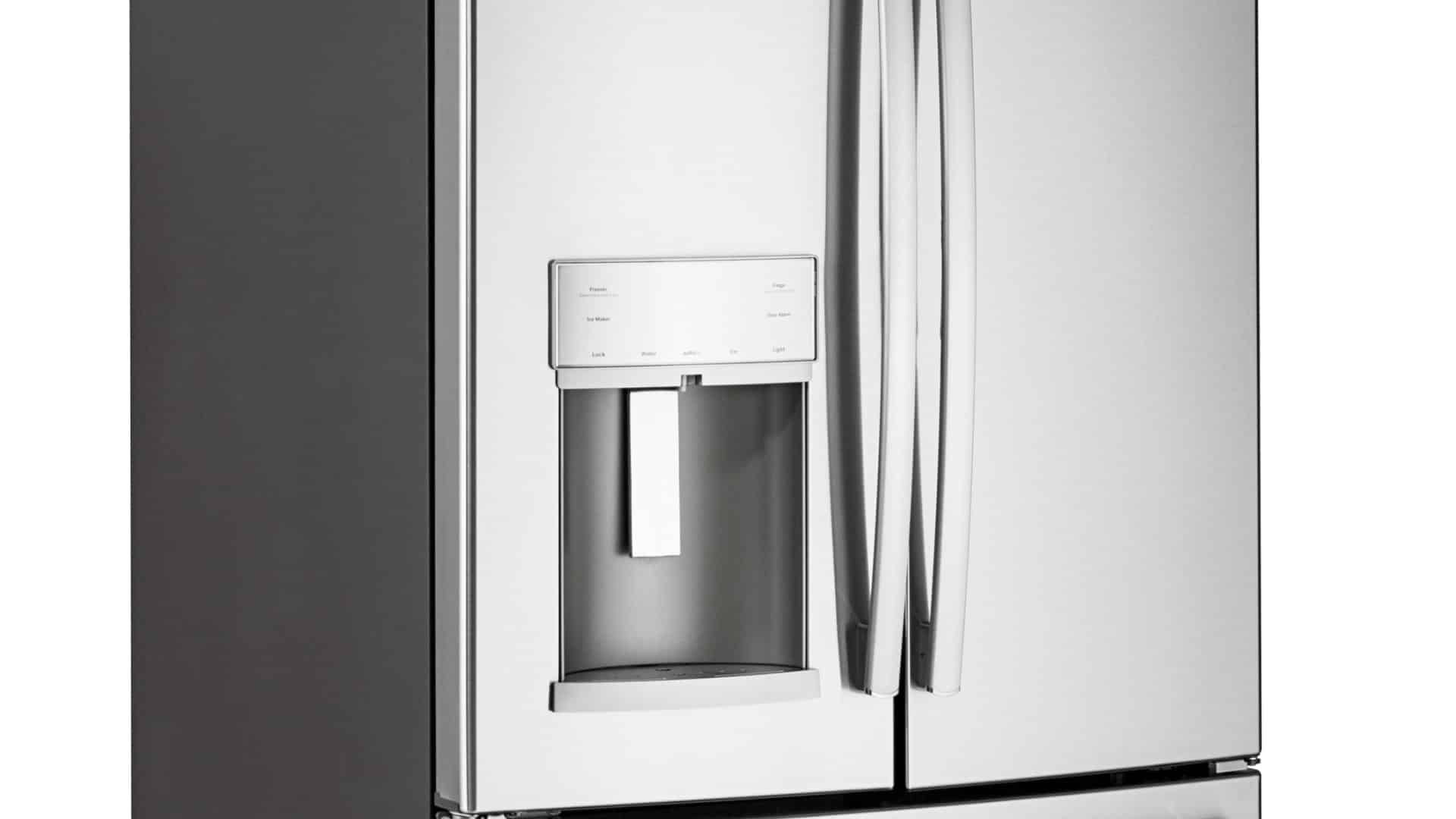
How to Reset the Water Filter Light on a Samsung Refrigerator
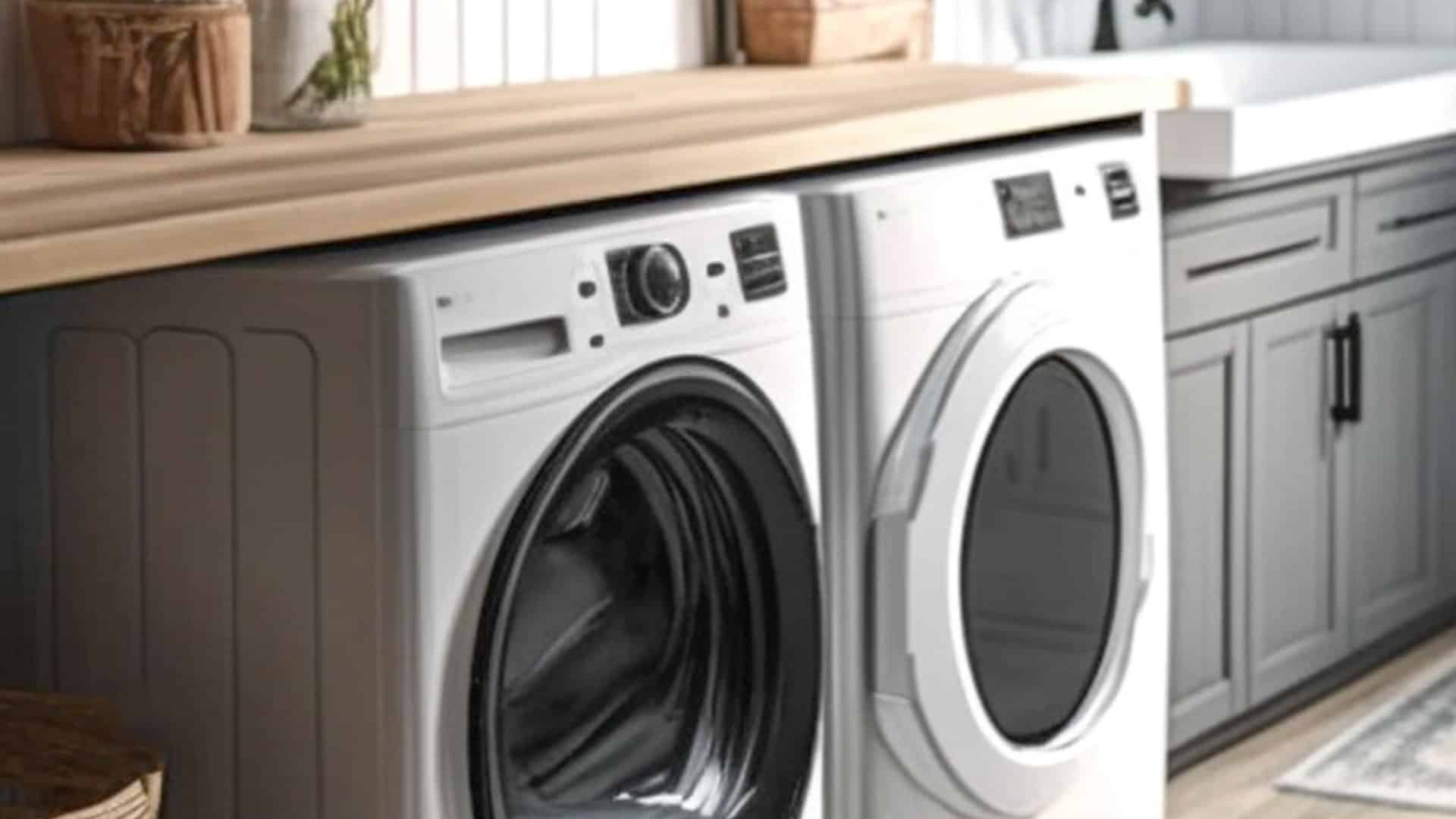
Maytag Washer Showing F5 Error Code? Here’s What To Do
